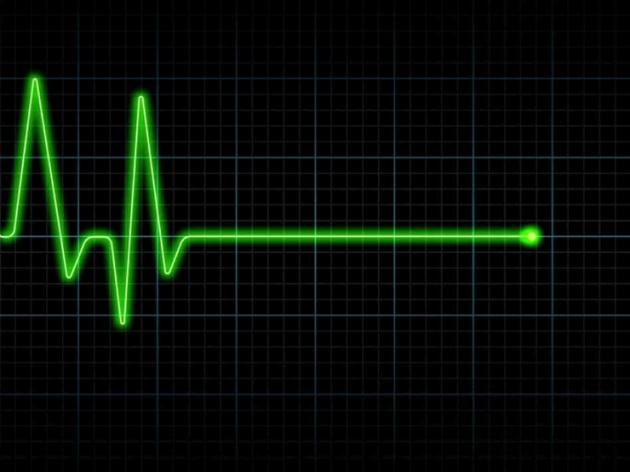
You may think that your most important asset is your home, your nest egg, your priceless collection of Etruscan snoods. Your most important asset is you – your human capital. Your human capital is your current and future economic contributions to your family.
Perhaps you’ve gone to college and majored in a profession to pursue a career. You may have earned advanced degrees and designations to increase your knowledge, professionalism, and income.
All of this increases your human capital – your ability to earn, substantially, over your lifetime.
Now that you have a family, a spouse and kids to support, you need to hedge your human capital, you need to protect it in the event it’s lost – should you die unexpectedly.
No one likes talking about death. Even writing these words, it’s hard to type them. But it’s necessary to convey the importance of life insurance. Life insurance protects your human capital, the income you receive because of your human capital, and the support your human capital provides for your family.
Without life insurance, should you die, so does the financial support you’re providing to your family. In other words, life insurance isn’t for you, it’s for those you leave behind.
Having life insurance, and enough if it, means your survivors, your family being able to continue paying the mortgage, bills, tuition, buying groceries, and continue saving for retirement and or college educations. It also allows them enough time to grieve without having to worry about financial obligations.
So how much life insurance should you have? A general rule of thumb is approximately 10 to 16 times your gross income. Of course, this is a general guideline. You may need more depending on your circumstances.